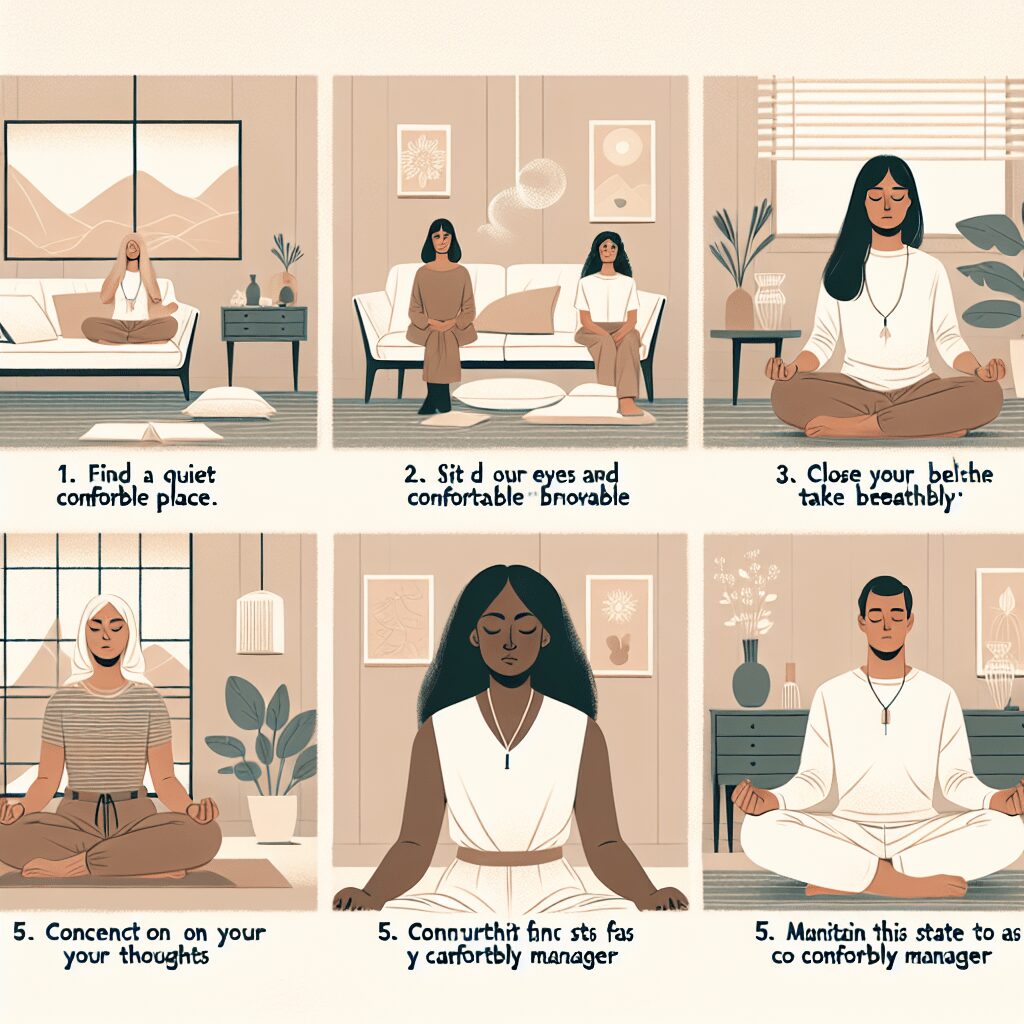
Prioritize your mental well-being daily. Enhance your life by nurturing your mental health with the Smart Meditation app. Break free from stress, alleviate anxiety, and enhance your sleep quality starting today.
What Credentials For Anxiety Treatment?
Unraveling the Credentials: Your Guide to Anxiety Treatment Experts
In the winding and often bewildering path to managing anxiety, finding the right professional can seem like looking for a needle in a haystack. Yet, it’s a quest well worth embarking on, as the correct expertise can transform lives. Understanding the alphabet soup of credentials is your first step into a world where anxiety doesn’t call the shots. Let’s dive into the credentials maze, separating the wheat from the chaff and helping you make an informed decision about who’s best equipped to help you or your loved ones navigate the stormy waters of anxiety.
The Hallmarks of Quality Care
Behind every professional title, from psychiatrists to therapists, there’s a story of rigorous training and commitment to healing minds. Here are some of the key players in the anxiety treatment league and what makes them stand out:
-
Psychiatrists (MD or DO): These are the heavy hitters in the mental health field. Psychiatrists are medical doctors with the power to prescribe medication, making them a go-to for those whose anxiety might need pharmacological intervention. Their understanding of the brain’s biochemistry, combined with at least four years of psychiatric residency after medical school, positions them uniquely to offer comprehensive anxiety treatment.
-
Psychologists (PhD or PsyD): When it’s time to dive deep into the psyche, psychologists are at your beck and call. With doctoral degrees focusing on mental health, they come equipped with an arsenal of therapeutic techniques. Although they can’t prescribe medication in most states, their expertise in psychotherapy makes them pivotal in the war against anxiety.
-
Licensed Clinical Social Workers (LCSW): Don’t let the ‘social’ in social work fool you. LCSWs are heavyweights in providing therapy, having mastered the art during two to three years of postgraduate supervised experience. They’re the unsung heroes in the anxiety battlefield, offering invaluable support and counseling.
-
Licensed Professional Counselors (LPC): Specializing in psychotherapy, LPCs have a master’s degree in psychology or counseling and have completed thousands of hours of supervised clinical work. They’re the sharpshooters, focusing tightly on therapeutic approaches to battle anxiety.
Choosing Your Champion
Now that you’re familiar with the credentials, how do you decide who’s right to help you fight anxiety? Here’re a few tips:
-
Determine Your Needs: If you suspect medication might be part of your anxiety management plan, a psychiatrist could be your best bet. On the other hand, if you’re leaning towards therapeutic approaches, a psychologist, LCSW, or LPC might suit you better.
-
Check Their Specialties: Many mental health professionals specialize in treating anxiety and will have additional training or certifications in cognitive behavioral therapy (CBT), dialectical behavior therapy (DBT), or other effective methodologies.
-
Consider Compatibility: It’s crucial that you feel comfortable and understood by your therapist or doctor. Don’t hesitate to “shop around” or ask for a preliminary meeting to gauge your comfort level.
-
Verify Their Credentials: A Google search can verify their licensure and any board certifications. It’s your right to ensure that you’re in qualified hands.
Embarking on the journey to manage anxiety is a brave step forward. Armed with an understanding of the different credentials and what they bring to the table, you’re well-positioned to choose a professional who can offer the support and treatment necessary for a calmer, more manageable life. Remember, it’s not just about finding help; it’s about finding the right help. And now, you’re equipped with the knowledge to do just that.





